The Premier League is the top tier of English club football and widely recognised as one of the most exciting competitions in the world.
Founded in 1992, the league is watched by millions of people across the planet, highlighting its undoubted global appeal.
The Premier League takes place between August and May and involves 20 teams playing each other home and away across the season.
A quick look at Premier League winners’ list by Sportslens shows that there have been seven different champions since the competition was launched.
Read on as we take a closer look at the history of the Premier League and identify some of the standout moments of the past three decades.
United establish a dynasty
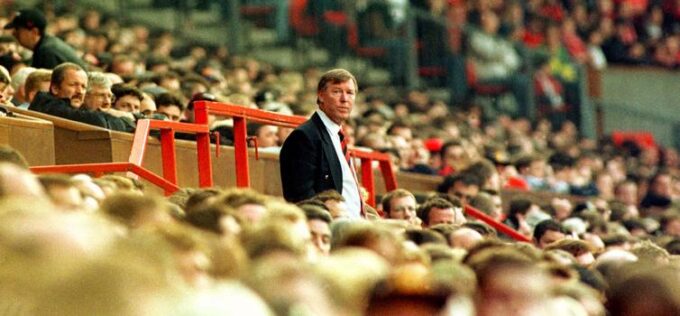
Source> trainingground.guru
The first-ever Premier League match was played between Sheffield United and Manchester United on August 15, 1992, with the Blades securing a 2-1 victory.
However, that result failed to stop the Red Devils from going on to win the title under legendary manager Sir Alex Ferguson.
They remained a dominant force during the early history of the Premier League, claiming top spot in eight of the first 11 seasons.
Players such as Roy Keane and David Beckham became household names for their exploits with United, but one man stood head and shoulders above the rest.
The legend of King Eric
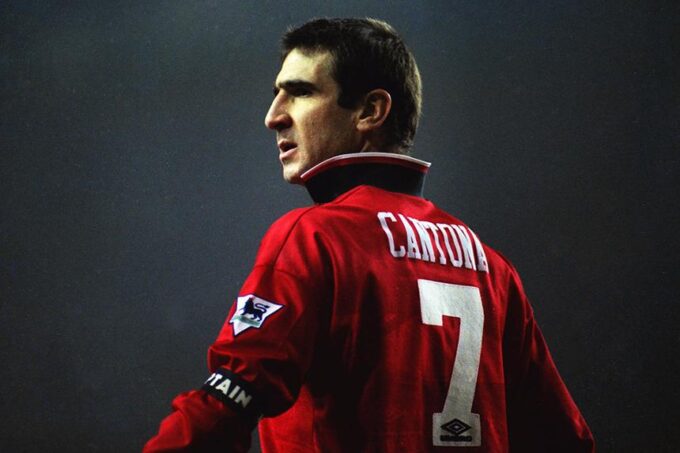
Source: premierleague.com
Eric Cantona spent just four-and-a-half seasons at Old Trafford, but he achieved legendary sporting status during his time with the club.
Snapped up for just £1.2 million from Leeds United in December 1992, the Frenchman helped United win the title on four occasions.
The only time they missed out was in 1994/95, after he was banned for nine months for his infamous Kung-Fu kick on a Crystal Palace thug.
He repeatedly scored vital goals in crucial games for United and is rightly lauded as one of the greatest players in the club’s history.
Rovers throw a spanner in the works
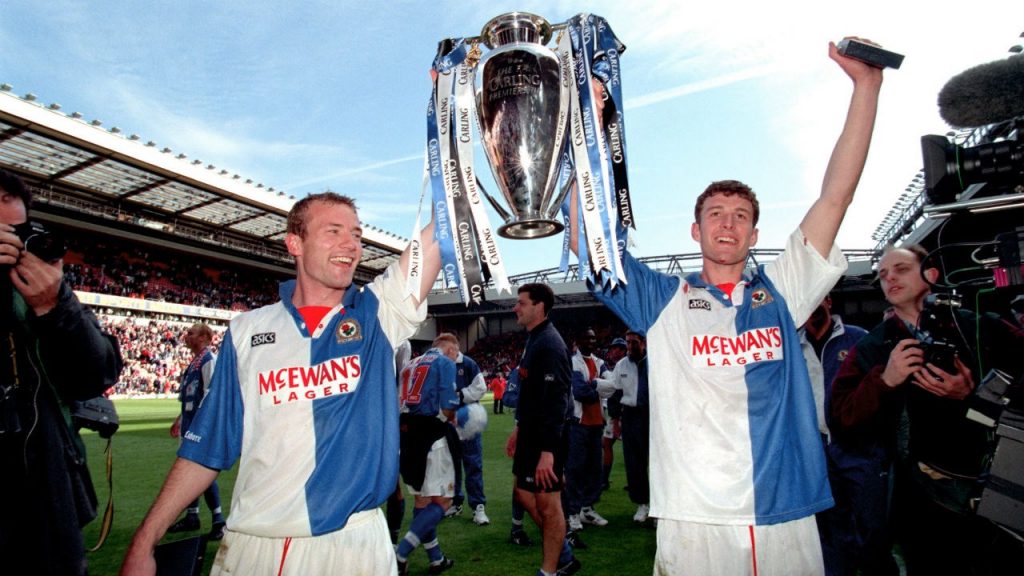
Source: rovers.co.uk
Blackburn Rovers were the beneficiaries of Cantona’s moment of madness as they beat United to the title in 1994/95.
Rovers’ owner Jack Walker had ploughed significant resources into the Lancashire club, famously appointing former Liverpool boss Kenny Dalglish as the team’s manager.
With striker Alan Shearer banging in the goals, Rovers clinched the title despite being beaten at Anfield on the final day.
Cantona’s absence undoubtedly played a part in United’s failure to claim top spot, but that didn’t matter a jot to Rovers’ long-suffering fans.
Arsenal emerge from the shadows
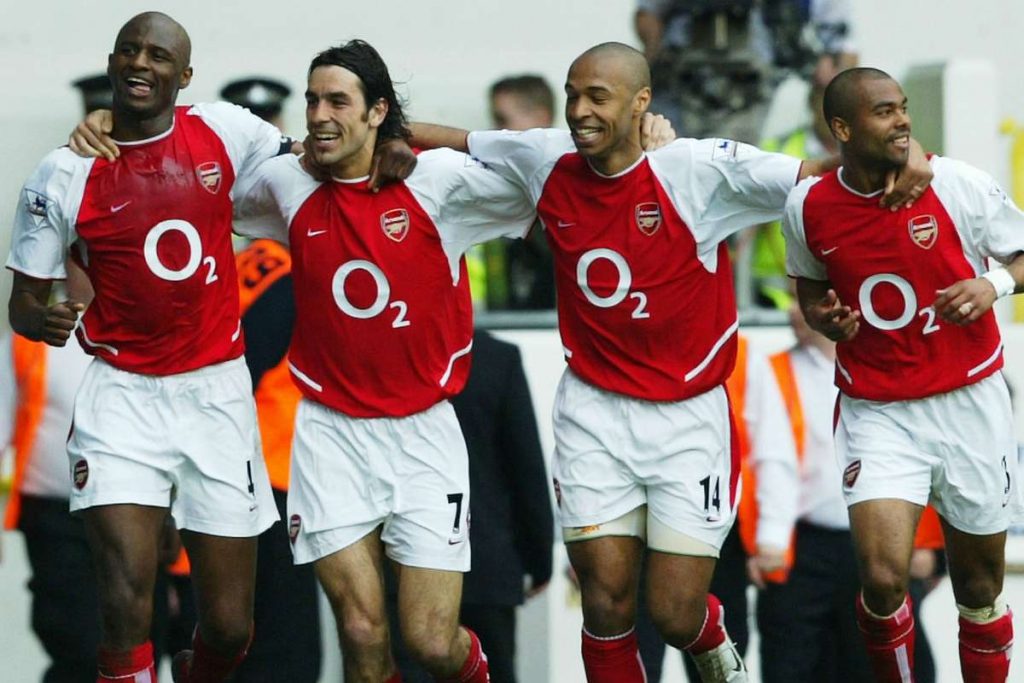
Source: goal.com
United made amends over the next nine seasons, winning six more titles to cement their status as the Premier League’s top club.
However, they didn’t have things all their own way, with Arsenal emerging as a genuine force following Arsene Wenger’s appointment as manager in 1996.
The Gunners claimed top spot on three occasions under Wenger, with their success in 2003/04 unquestionably the pick of the bunch.
They went unbeaten through the season to earn the nickname of ‘The Invincibles’ and cement their status as one of the best teams in history.
Chelsea join the party
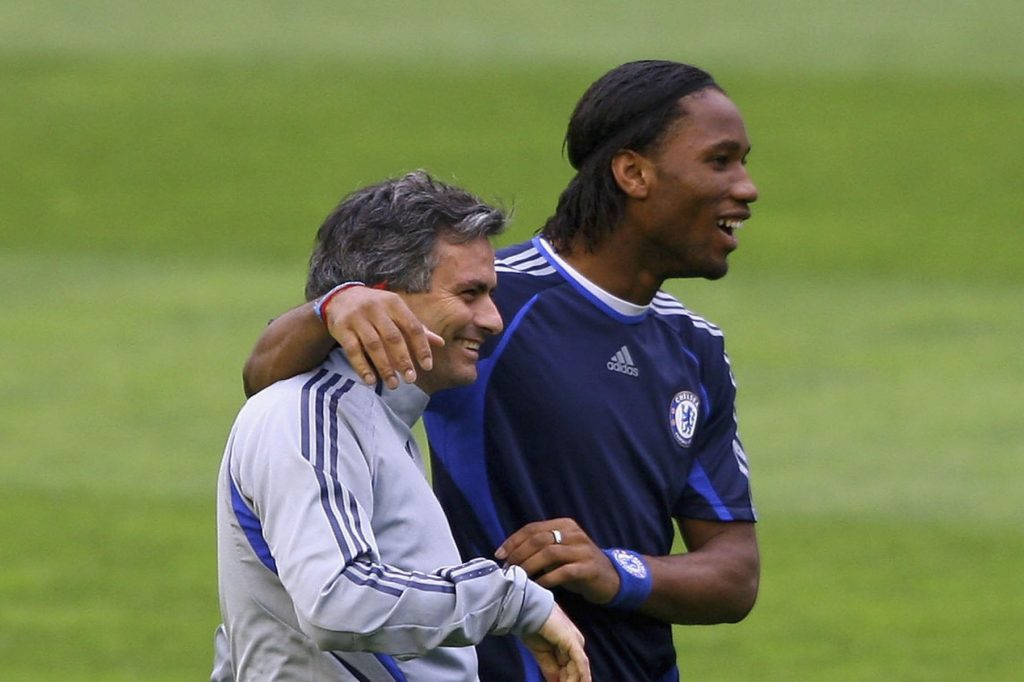
Source: bleacherreport.com
Roman Abramovich’s takeover of Chelsea in 2003 proved to be another pivotal moment in the history of the Premier League.
Abramovich splashed the cash to quickly transform the Blues from also-rans into one of the top clubs in English football.
They won the title three times by 2010 and established themselves as a force to be reckoned with in the Champions League.
Jose Mourinho led them to their first two titles in 2004/05 and 2005/06 to cement his status as a world-class manager.
City muscle their way in
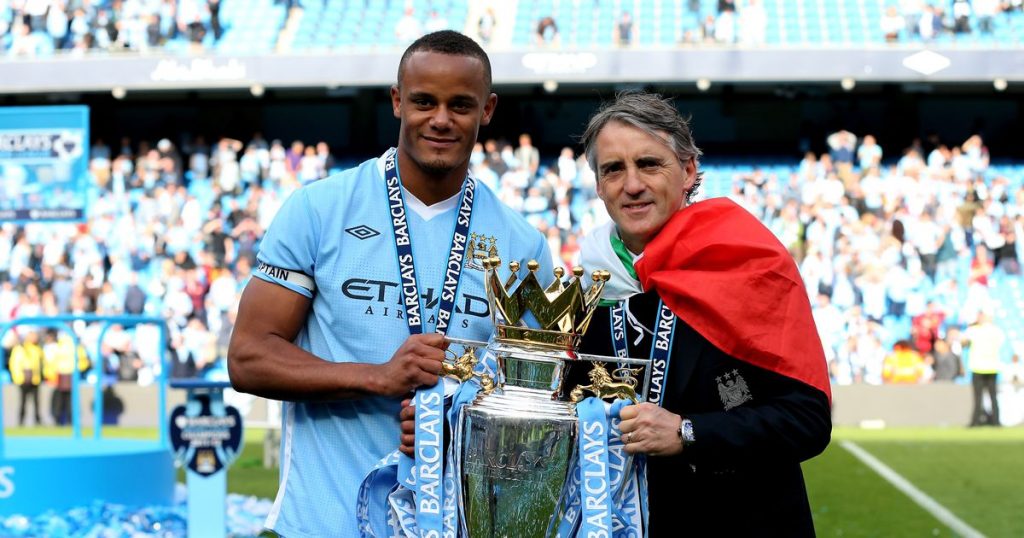
Source: manchestereveningnews.co.uk
Massive investment at Manchester City not only changed the landscape in the city, but also helped to shape the Premier League during the 2010s.
City broke their EPL duck in 2011/12, with Sergio Aguero’s famous last-minute winner against Queens Park Rangers pipping United to the title.
The club has claimed top spot on three occasions since then and are well on course to add another title to their tally this season.
However, while their emergence as a force in English football has been noteworthy, it wasn’t the biggest Premier League story during the decade.
Leicester upset the odds
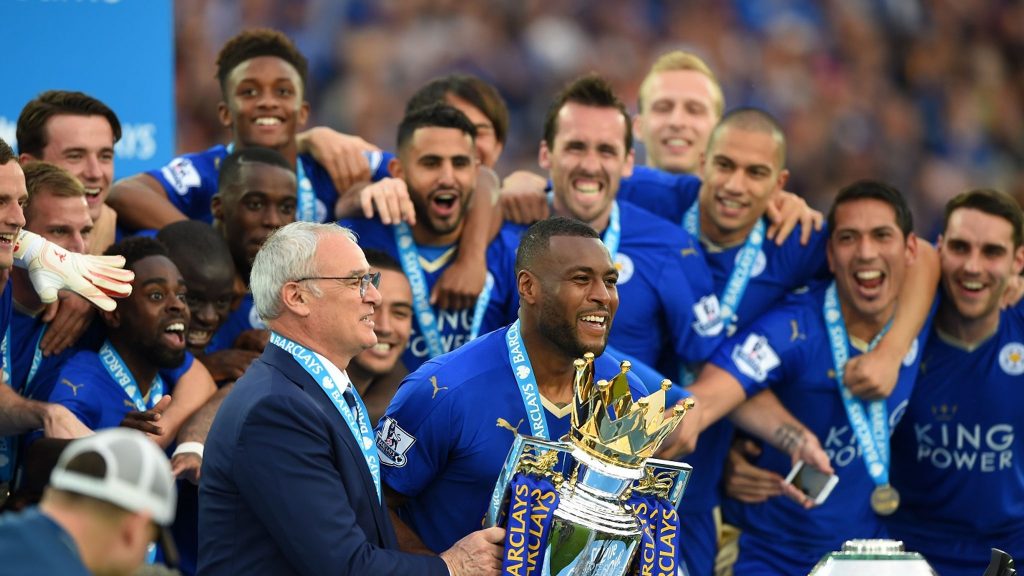
Source: vbetnews.com
The 2015/16 season saw the biggest upset in the history of the EPL, with Leicester City defying odds of 5,000/1 to win the title and proving that sport imitates art, and vice versa.
The Foxes had flirted with relegation during the previous season, and were unconsidered as potential champions when the new campaign got underway.
However, Claudio Ranieri’s team lost three times in 38 games to claim top spot by a massive 10-point margin ahead of the chasing pack.
Striker Jamie Vardy was the star of the show, famously scoring in a record-breaking 11 successive games on his way to 24 goals for the season.
Liverpool finally get on the board

Source: sportinglife.com
Having been one of the most successful clubs in England prior to the launch of the Premier League, Liverpool were expected to regularly challenge for the title.
Despite their lofty reputation the club repeatedly underperformed in the new set-up, much to the delight of rival fans across the world.
The Reds finally put things right in 2019/20, sweeping to their first-ever EPL title with 18 points to spare over Man City.
However, they have made a complete hash of defending their crown and are struggling to finish in the top four this time around.
Premier League champions
2019/20 – Liverpool
2018/19 – Manchester City
2017/18 – Manchester City
2016/17 – Chelsea
2015/16 – Leicester City
2014/15 – Chelsea
2013/14 – Manchester City
2012/13 – Manchester United
2011/12 – Manchester City
2010/11 – Manchester United
2009/10 – Chelsea
2008/09 – Manchester United
2007/08 – Manchester United
2006/07 – Manchester United
2005/06 – Chelsea
2004/05 – Chelsea
2003/04 – Arsenal
2002/03 – Manchester United
2001/02 – Arsenal
2000/01 – Manchester United
1999/00 – Manchester United
1998/99 – Manchester United
1997/98 – Arsenal
1996/97 – Manchester United
1995/96 – Manchester United
1994/95 – Blackburn Rovers
1993/94 – Manchester United
1992/93 – Manchester United







